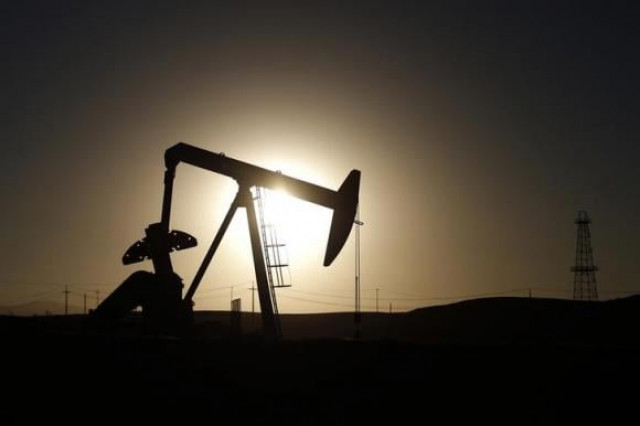Falling oil prices
Obama Administration's decision to allow US companies to start oil export is a game-changer for the global oil market

US oil production has gone up by almost 50 per cent over the last decade largely due to the development of fracking as a means of producing oil. PHOTO: REUTERS
The long-term impact, however, is likely to mean an era of relatively stable, lower oil prices. US oil production has gone up by almost 50 per cent over the last decade largely due to the development of fracking — a term that refers both to horizontal drilling and hydraulic fracturing — as a means of producing oil. The nature of fracking is that it creates several small wells that come online very quickly but also see their production dry off relatively quickly, meaning that it is difficult to sustain a supply glut if the price goes below the marginal cost of production but also easy to ramp up production if there is a shortage. For countries like ours, this means a lower, more predictable price of oil. It also means a once-in-a-decade opportunity to reverse the disastrous policy of unaffordable energy subsidies that have crippled our energy, industrial and financial systems. We hope the Nawaz Administration has the good sense to use this opportunity wisely.
Published in The Express Tribune, January 8th, 2015.
Like Opinion & Editorial on Facebook, follow @ETOpEd on Twitter to receive all updates on all our daily pieces.



















COMMENTS
Comments are moderated and generally will be posted if they are on-topic and not abusive.
For more information, please see our Comments FAQ